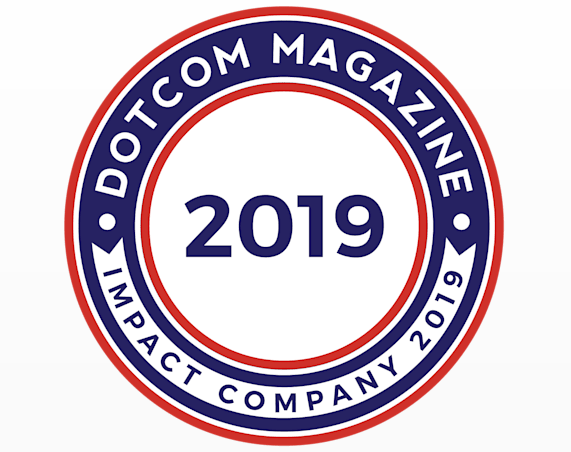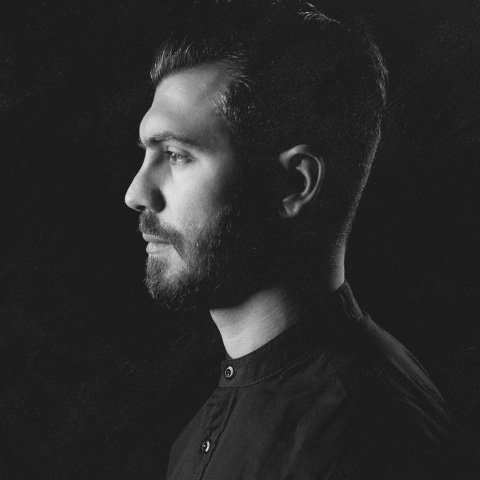1. Yazin, please tell us about MSTQ.
MSTQ designs digital products that people actually want and need, and it’s been ranked as one of the best design firms in the world for the last 3 years by Clutch.co.
The firm solves design problems for the modern age—helping cutting-edge technology companies ensure that they’re not wasting time and money building something that no one wants.
MSTQ provides the capabilities necessary to help technology teams build useful, usable and delightful digital products: user research and ethnographic studies, product strategy, rapid prototyping, UX/UI design, usability testing, visual design and brand identity.
2. How did you come up with the idea for MSTQ?
Everyone is building software because they can. Few are building software because they should.
I started MSTQ because there was (and still is) an unmet need for a design-driven approach to building products that are meaningful. Like any development project—both digital and physical—architecture is a necessary ingredient. I wanted to build the architecture firm for the digital age.
I also saw a gap in design firms. Many traditional design firms were pivoting into user experience and user interface design, but their skillsets were unequipped and outdated. There were too few design firms that combined research and behavioral sciences with traditional visual design capabilities.
There are many firms that build, but very few that truly consult on what and how to build.
3. What is the key to your company’s success?
This all depends on how you define success. For some, it’s becoming a unicorn company. For others, it’s merely achieving profitability. How I’ve defined success is mostly detached from financial measures.
Digital products have changed the way we think, communicate and ultimately behave. MSTQ will be successful when I feel like I’ve had a hand in shaping enough software products to have a positive impact on everyday life.
Until then, the company will be unsuccessful in my eyes.
4. Many of our readers are just starting to build a company. What advice can you give entrepreneurs just starting out with a new venture?
Naivety is both a blessing and a curse.
It magnifies your blindspots, sure. But it also allows you to be action-oriented: to take steps that you would otherwise be too overwhelmed to take if you knew how much work, energy and knowledge was required for success.
Taking incremental steps is key. Otherwise, you’ll get overwhelmed and it will paralyze you.
5. For other entrepreneurs seeking to build a business as successful as yours, what advice can you give them when times get a little challenging?
A Winston Churchill quote has helped me during tough times: “If you’re going through hell keep going.” I find the greatest rewards, both in business and my personal life, if I remain resilient through the rough patches.
I’ve learned that challenging moments are just as temporary as the successful ones.
6. How do you make sure your customers will become raving fans of your company?
Even if a client claims to be satisfied or even thrilled with our work, I don’t consider them raving fans unless they are willing work with us beyond the first project.
To do that, the only approach that has been effective is actually to put less value on whether the client is happy in the short-term (by doing what they ask), and focus more on whether their customers are happy in the long-term.
Our clients’ experience working with us is important, but it’s ultimately their customers’ experience with what we design that results in the win.
7. In today’s fast changing business environment, how do you stay abreast of things?
My hope and aspiration is that MSTQ is the company that plays a part in setting the pace for the changing business environment.
8. What is your “Why”? Why do you get up in the morning, and how do you keep yourself at peak performance to lead MSTQ?
My “Why?” is very clear, and is a driving principle for every business decision: to shape the things that shape us. It creates a sense of purpose that is greater than myself, and I’m yet to find anything more motivating to perform.
9. Can you recommend a book that has had an influence in your career? How did it influence you?
Sapiens by Yuval Noah Harari has been the most influential book for me as an individual, designer and entrepreneur. It has helped me understand human beings on a deeper level, and you can’t create value in business unless you understand human beings.
10. What makes a great leader?
My goal is to be able to someday answer that question.

